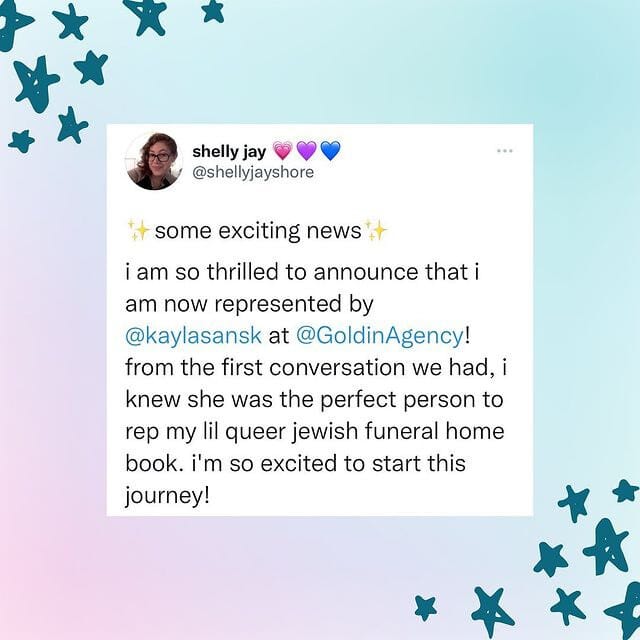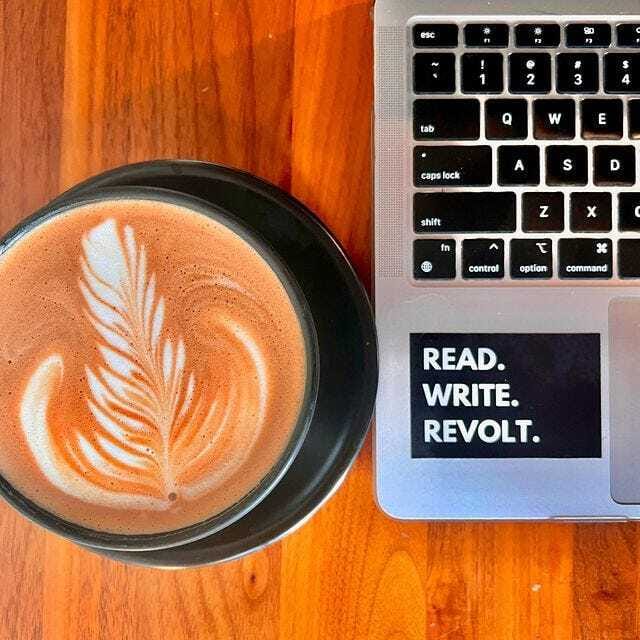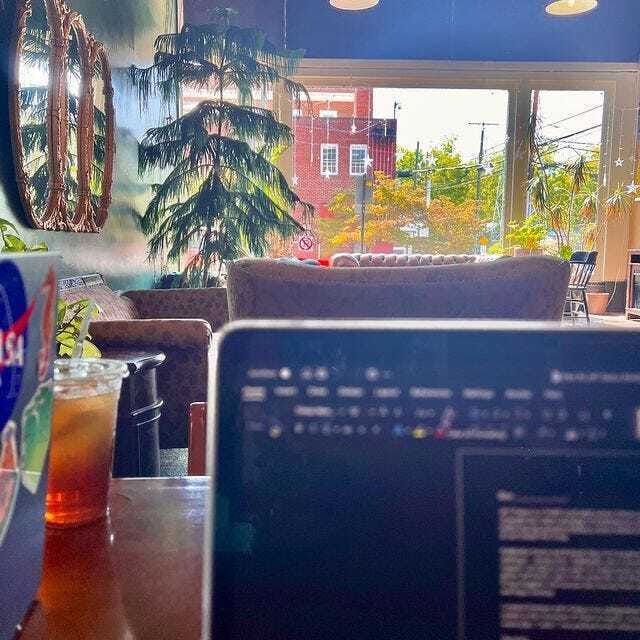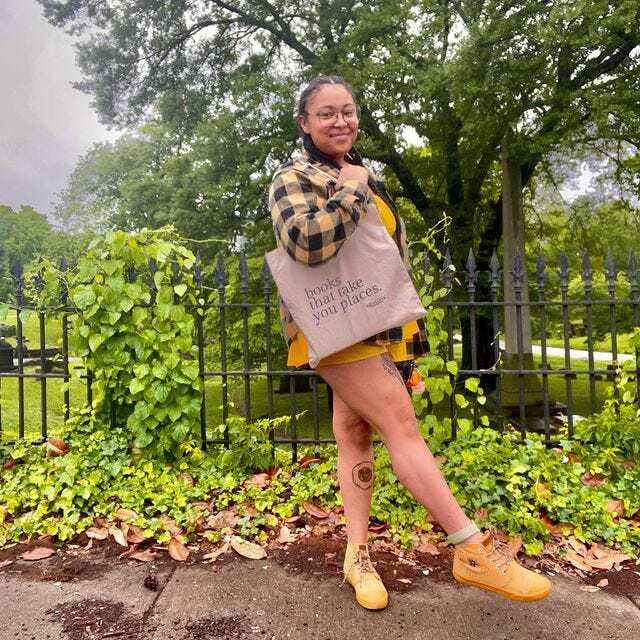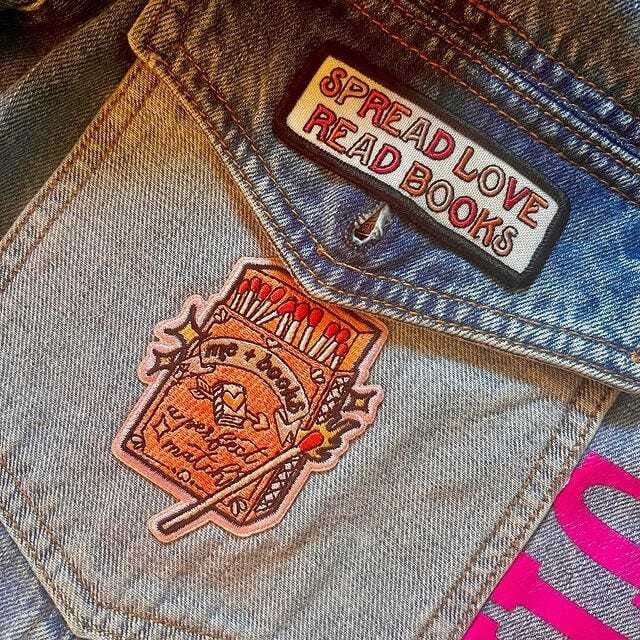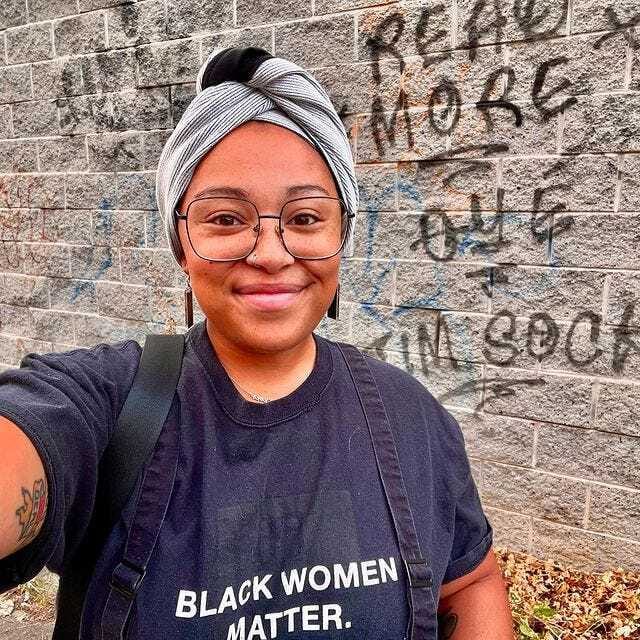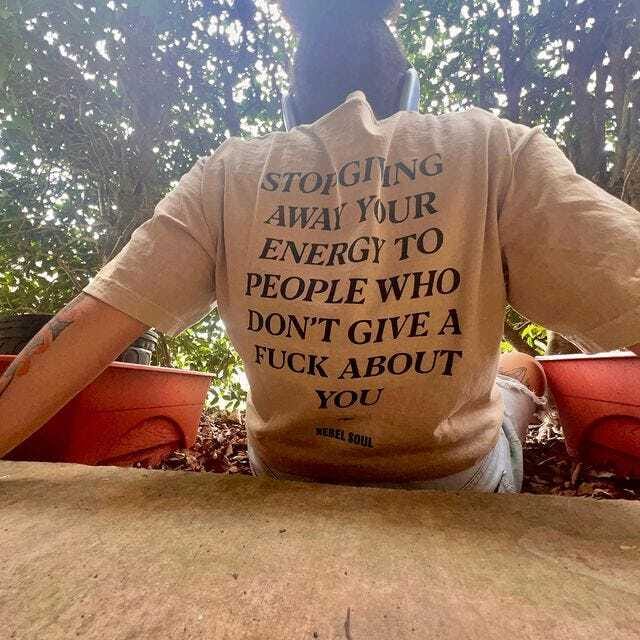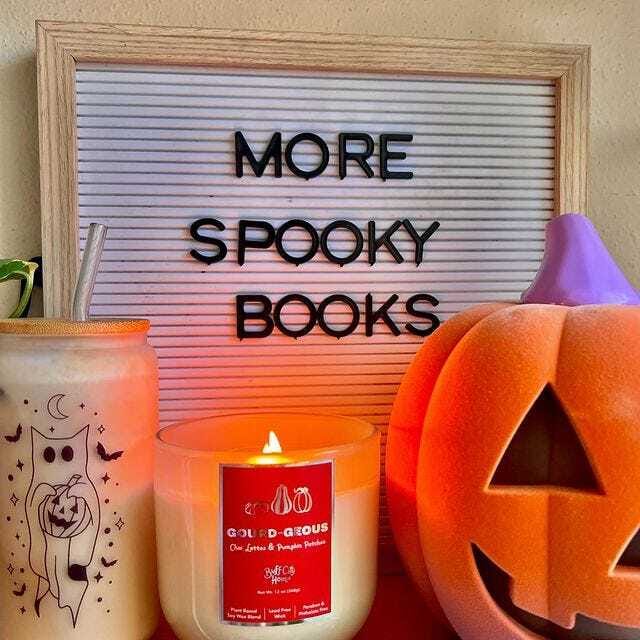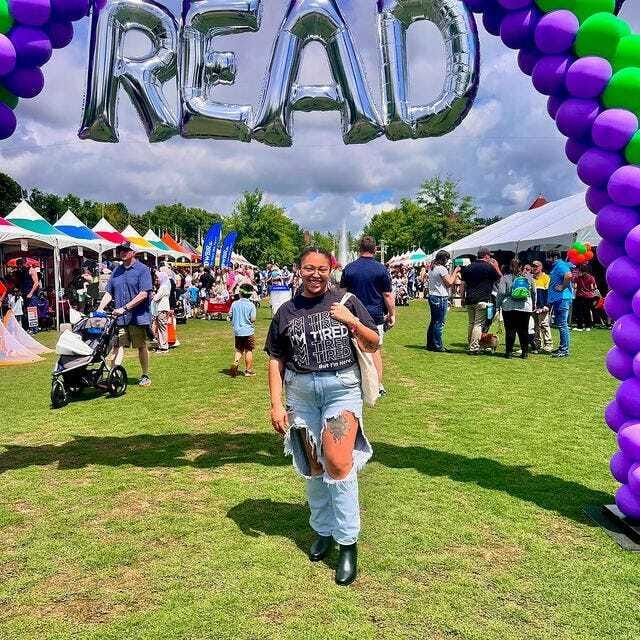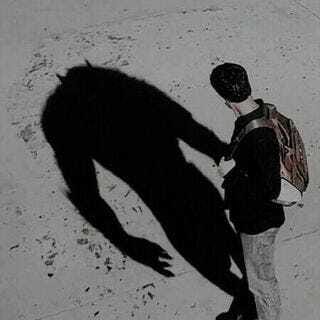- Creativity for Good
- Posts
- collaboration as creativity
collaboration as creativity
creativity q+a with sheyla knigge
When I started querying the book that would eventually become Rules for Ghosting back in the fall of 2021, I had a lot of idea about what I wanted in a literary agent. My focus, at the beginning of that process, was very much focused on the business aspect of the author-agent relationship — someone who knew the ins and outs of the industry, had great connections, and would sell my book for a lot of money.
(Don’t judge, y’all. Daycare is expensive.)
What I found, however, was that what I thought I wanted in an agent and what I actually did want in an agent were two very different things. When I ended up with three amazing agent offers, I realized that what I wanted most wasn’t someone who was focused on the financial bottom line, but someone who would be a long-term, creative partner. Someone who wouldn’t just be invested in my books as potential sales, but someone who saw me, and my craft, and the stories that I wanted to tell, and said, “Yes, absolutely, let’s do it.”
(RIP Ayla’s old Twitter handle, we hardly knew ye.)
I got spectacularly lucky with my incredible agent (hi, Ayla!), and have been privileged in this relationship to never worry about asking questions, looking for collaborative feedback, and reaching out for creative partnership. But for a lot of emerging authors, agents — while a source of validation and a symbol of the next step in a literary career — are still sources of uncertainty and even anxiety. There’s a concern that you have to make your agent happy, that they’re a supervisor more than a partner, that if you do something “wrong,” your agent will punish you…and that they’re the be-all end-all of what happens in that relationship.
When that’s the case, agents become more like symbols than like people. And it’s really hard to be in collaboration or partnership with a symbol.
That’s part of why I’m so grateful for agents like Sheyla Knigge, who are working hard not just to do the best they possibly can for their clients, but who are also investing in new and emerging authors through mentorship, education, and open-hearted vulnerability to pull back the curtain on what it’s like to be an agent and the creativity that goes into agent-ing work. In this month’s Creativity Q&A, Sheyla and I chatted about creative communities, breaking down the culture of gatekeeping in publishing, and what it means to really collaborate with someone to see their stories thrive.
creativity q&a with sheyla knigge: on creative collaboration
Shelly Jay Shore
Tell me a little bit about your relationship to creativity and creating.
Sheyla Knigge
Creativity and creating looks different to me depending on what phase of life that I'm in. Like, if you ask me, like, how's your writing going? I haven't touched my writing since last year, probably since last October. It's been almost a year.
But I think that's kind of what I love about agenting is that it actually is a very collaborative, creative experience. I remember hearing someone at one point talking on a podcast about how people feel like they work for their agent, or their agent works for them.
And that's not really the case. To me, it's a very collaborative creative experience. Like, we work together to bring the best book possible to life, and then to bring it to the masses. And you know, like with anything, we have our roadblocks and our stumbling points — and I'm just like, okay, so: How can I be creative in a way that's not messing with my author's writing, like messing with my own writing? Sometimes that looks like exploring a different creative medium. I’ve taken a pottery class, I also took a crochet class recently.
Have I touched the crochet since then? No, I have not. But trying something new and getting those creative juices flowing to kind of get my mind worrying and whizzing in a way that's going to help my authors overall — even just sitting in a tattoo shop and watching people get tattooed, and thinking, oh, why are you doing that? Why was that your choice?
It takes me back to my author's writing; like, what made you want to write this? It gives me a kind of starting point to figure out the best, best way to move forward with those projects, and shakes off the creativity cobwebs. So I guess my relationship to creativity is like that — always moving and changing. Which I think is the ideal, honestly.
Shelly Jay Shore
I love the idea of creative collaboration. Can you talk a little bit more about how your kind of expansive definition of creativity and generative creation fits into the way you work with your clients?
Sheyla Knigge
So I'm a very editorial agent. Like, I will be in your Google Doc — because I have a lot of authors that work in Google Docs — and I'll be like, okay, but what if we made like this little quip here? Or what if we did this? And it's just like tiny things that help the flow of the story. And I tell my authors, you don't have to take this, I want this to be as true to the story you set out to tell as possible.
But it's just little things like that. Or when we're on submission, I tell my authors like, “Hey, I want you to work on something else, just so that you're not panicking.” Because it is very frustrating for it not to be in your hands.
Like, when you're querying, the story’s in your hands. You can say, “Oh, I can pull this, I can keep it.” But when your agent sends it out, it's like, I no longer have control over this thing that I've had control over for so long.
And so a lot of them will send me their lists, you know, “these are my ideas that I've got for next.” And I'm just like, “Okay, cool!” And so sometimes we'll hop on a call or I'll be in the document and I'll be like, “So this is what's working in the industry right now as a whole. But like, what’s setting your soul on fire? Like, which ones of these are you most excited about?” And I'll kind of go through there and be like, “Okay, if this is what you're excited about, and this is what I think we can do with it.” Let's go with that one and kind of get the ball rolling.
I had a client recently that was like, “I have this idea for a Charlie on the Chocolate Factory horror manuscript. I have done nothing with it.”
I was just like, “Please write that, because I need it.” But it's kind of little things like that, where it's like we can brainstorm and think collaboratively so that you have the best chance with your next story.
Shelly Jay Shore
You mentioned you've sort of taken a step back in your own writing. Do you feel like there's a relationship or is there a relationship between your own creative work and your creative approach to agenting, or are they kind of in their own little bubbles?
Sheyla Knigge
It depends on the project. So when I am working on my client's projects, I like to ask them about their story structure, the type of plot points they’re aiming to hit, things like that. I work in a four-act structure, but a lot of my clients work in a three-act structure, so it’s a shift in my mindset from my work to theirs, and it lets me understand, you know, the jumping off points, where the catalyst should be, what kind of pacing will work.
So those little classes and those little tidbits of writing influence that I've gotten over the past few years have really kind of helped me in that sense in my own work, because I can see what's working in the market.
And so if I've seen a project that I'm like, oh, this is very similar to something that I've done, like, I know that there is a home for it or then my project that I worked on for the longest that kind of got me intertwined with Andrea (Hannah, author of The Maker’s Guide to Magic and Where Darkness Blooms) and Becca (Rebecca Mix, author of The Ones We Burn and the Mossheart series) — you know, I can say, those kind of projects aren't selling right now. So then it’s like, okay, take a step back and write something different. And that's kind of the way that we all have to look at it.
Like, this is a really trend-based business, but if you’re chasing trends, you’re already too late. And people are like, “Oh, but this did well!” Yes, it did do well…five years ago, and we've missed it. Like, a lot of people want to write fairy stories right now — thank you, Sarah J. Maas — but they’re so hard to sell because of the market.
But it's just little things. So I think that being a writer, I kind of have to decide when to put my agent hat on and when to put my writing hat on, like, is this going to be beneficial to my author, as a creative themselves?
Or is this beneficial to my brain as a writer? And if it's beneficial to my brain as a writer, and not really beneficial to my authors, it's probably better that I kind of take a step back and ask them, like, “What are your ideas and what's going to help you write the best story?”
Shelly Jay Shore
As an agent, you have a pretty diverse collection of clients. I know that you prioritize marginalized voices, and emerging writers of color and queer writers. And obviously the industry is not really set up to invest in those voices. How do your values and you care about and what you believe is important to invest in play into the way you approach your work, and the way you sort of balance like the business side and the values side of agenting?
Sheyla Knigge
I would say it really starts in the queries. I get a lot of queries, obviously, when I'm open, which is why I'm only open once a month now. But when I do, I look at those projects, and I am very intentional about finding out the source of why an author has written something.
Because as a queer woman of color, I am very cognizant that those stories are not out there in the world in the same way that they are for white cishet women. And so I like to make sure that the stories I take on are true to the author's lived experience in the best way possible so that those stories have a better chance.
But when I go out on submission and I'm selling things, people might not love this, or my agency might not love this so much. But I prioritize the connection that my author has with an editor over the amount of money that's on the table.
Because we love the idea of making money. We live in a capitalist landscape, and we kind of need money to survive. But it's also like, do you feel like this editor understood your story? Do you feel like they are going to be the best advocate for your story?
Because I am an advocate for my client’s stories. I am the middleman that makes sure that if we have to push something, we can. If something's not working, I can kind of talk to their editor and get it to a point that we're all on the same page.
But I want that for my authors with their editors. Because I'm here to create a career of longevity. I don't want you to just have that one book sale. And then you're like, OK, I'm done now. Because a lot of debut authors don't continue past their first year.
But if you have an editor that you're comfortable with, they might not be the ones that offered you the most money out the door. But they might be the best one to work with long term and be able to offer you more money down the road because you have that one-on-one support in a way that you didn't necessarily feel like you would get from a different editor.
Shelly Jay Shore
I love the idea of creating career longevity. Like I think that's something that I hear more from younger agents than I hear from more established agents, where a lot of them are more like, the goal is to get as much money for your clients as possible.
And obviously authors wanna make money, but there are more important things. Like not burning yourself out or mining your trauma just to get an editor to look twice at your work.
You also do a lot of one-on-one coaching, editing, and mentoring work, in addition to podcasts and writing conventions. How does that kind of community-centered work connect to your creative work and also to your values?
Sheyla Knigge
So, I love that kind of work because people get to see me in a one-on-one setting, and start to see me as more of a human being. Like, there’s a difference between the Sheyla you see on the screen and the Sheyla you see online or in person.
Like I could be smiling in my pictures, but I might've cried all day last week because my child broke my cup. And you know, It's fine, I replaced it, it's life. But there are multiple facets to every person, and I think that working one-on-one and seeing me in person kind of helps people understand who I am as a human being, especially if they’re a potential clients. And I think that's really important when you're finding an agent because there is a hope that this will be a long-term relationship.
And so you wanna be able to talk with your agent and feel comfortable and not be afraid to approach them with something. I have friends who are like, “I would love to say this to my agent,” and I'm just like, “Why don't you?”
You know, my mother loves the term “closed mouths don’t get fed.” We have to be willing to be at least a little bit vulnerable in order to get what we want from this career. And publishing is just so complicated as it is that if you see me in person and talk to me one-on-one or even just doing a query critique with me can make you feel like even a little bit more confident moving forward with the possibility of working with me, then I love that for you.
I love that you feel comfortable enough to be yourself. And I want that for any author- to feel comfortable with the people that they're working with.
Shelly Jay Shore
That's like a great jumping off point to my next question. What do you wish that more people knew about the creative and vulnerable side of agenting? Because you're absolutely right that I think that a lot of, you know, coming from the author's perspective, it's like agents are both resources and also kind of like gatekeepers, right? Maybe you want to write a particular story, but you need your agent to love it as much as you do if they’re going to go forward with it.
So what do you wish that not just authors, but also people across the industry and maybe even outside the industry knew about the kind of creative energy agents put into those relationships and their authors’ works?
Sheyla Knigge
You know, everyone is different. So I can't speak for every agent. But I think that it's very important when you're working with this, or when you're doing this type of work to kind of remember that at the end of the day, we're just people who love stories.
Like, someone referred to me as a rockstar one day when I was at a conference. I was like, I'm just a person who reads. Like, you don't need to put me on any type of pedestal. I am on an equal playing field.
And that's the thing. A lot of people will idealize agents in their heads and we're just people. So I think that it's really important to kind of think about, you know, when you talk about querying and you talk about like your dream agent, having those calls with an agent is important, but like talking to other people who have worked with them one-on-one is really key to get a better sense of who they are,
because you've just gotten a glimpse into this person and there are other people who have worked with them forever. When I first started doing this, and sometimes I still do, I would send people Victoria [Marini, Sheyla’s mentor]'s email address.
(Sorry, Victoria.) But I want them to be able to ask, you know, “What is it like working with Sheyla one-on-one?” And as I've grown my list — I've grown my list to like 16 clients in the last year — I send my longest persevering clients and I'm just like, “Hey, would you like to say something to someone?”
Not everyone has time, but it gives people a better sense of like, is Sheyla the dream agent for me? Or is the idea of working with Sheyla the dream for me?
Shelly Jay Shore
Like the idea versus the reality. I think especially with agents that have like, you know, a strong social media presence or something like there's this kind of idea of like, “Oh, like this agent is, you know, the dream agent.”
And then it's like, do you actually know that about them? Or you just see that they have like 10,000 followers, and you think that's going to make you like a multimillionaire? Because it’s probably not.
Sheyla Knigge
Oh, if only.
Shelly Jay Shore
So, I know you can't reveal your client secrets, but are there any things coming up for you that you’re excited about?
Sheyla Knigge
So, I have agency week coming up in October, which is a week when we all get together as an agency, because we don't all live in New York. And we take meetings with different clients and different editors to kind of get a sense of what people are looking for.
But in terms of things that I'm really looking forward to, I am going to be at an event in Maryland in the middle of October. That was a last-minute addition to my schedule, but I'm very excited for it. In terms of projects, I have a “how-to” book that two of my clients are working on co-writing right now that I am just really excited about, because it's something that I know my own child will love.
And it's in the nonfiction space, which is a new thing for me — if you had asked me a year ago if I would do anything in the nonfiction space, I would have said no. And now I find myself looking for things like that. It’s kind of a testament to what this career is like — like I said, we’re just people who love stories, and the kinds of stories that excite us are always changing.
But I am, I'm loving this season. It's less busy than the first half of the year. But it's full of so many good stories that I'm just like, I can't complain about it.
Shelly Jay Shore
It's spooky season.
Sheyla Knigge
It is! Happy spooky season!
Shelly Jay Shore
Happy spooky season! Is there anything else you want to share about agenting, or creative collaboration, or your work in general?
Sheyla Knigge
I think, really, that I want every writer to end up with an agent and an editor who is truly passionate about their stories.
I like to tell people to think of querying as speed dating, like— we have these ideas of what we want in our head, and then we see it. And we're like, “No, maybe not.” And if they weren't in love with your story, they weren't the right fit. Because at the end of the day, you want someone who is obsessed with your story. Otherwise, they're not going to put the kind of care and attention into it that you would want as an author. Everyone needs someone in their corner who’s in love with their stories. That’s what I always want to do for my clients, and that’s what I hope every author is able to find.
Sheyla Knigge (SHAY-luh KUH-nig-gee) is a budding publishing professional who comes to the industry with a lifelong love of reading under her belt. With just over a year’s experience sleuthing through slush piles for the next best seller, she is itching to dive into more manuscripts with Highline Literary Collective. When she’s not working you can find Sheyla tucked away writing, getting more tattoos, or spending time with her family in the Appalachian Mountains. Find her on Instagram at @sknigge, or visit her website at sheylaknigge.com.
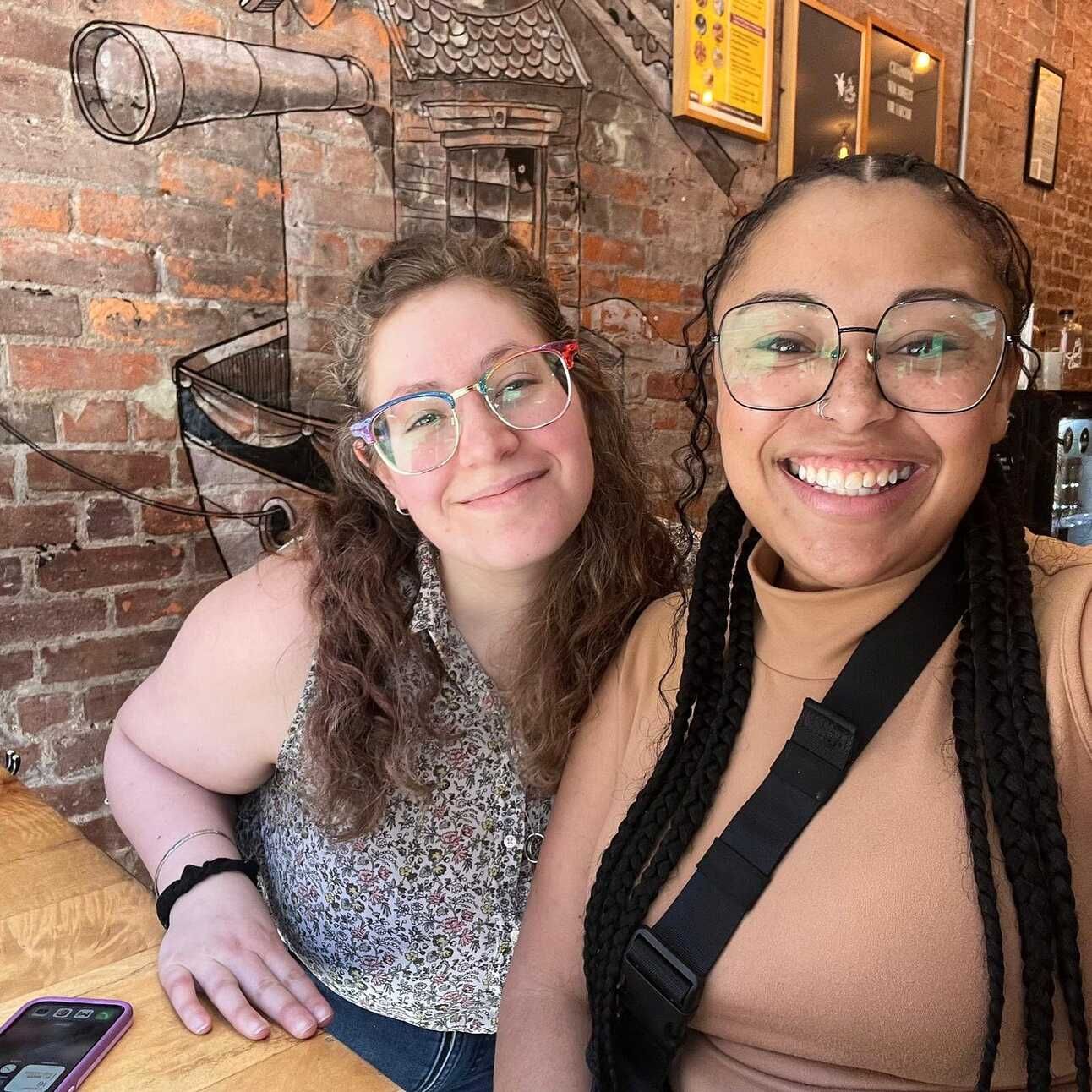
updates from shelly
Rules for Ghosting has been out in the world for over a month now. I’ve been loving all of the tagged posts, photos of the book out in the wild (send me your bookstore photos! they make my day!), and occasional keyboard-smash DMs — everything that shows me Rules for Ghosting is finding its people out in the world. Thank you, thank you, thank you!
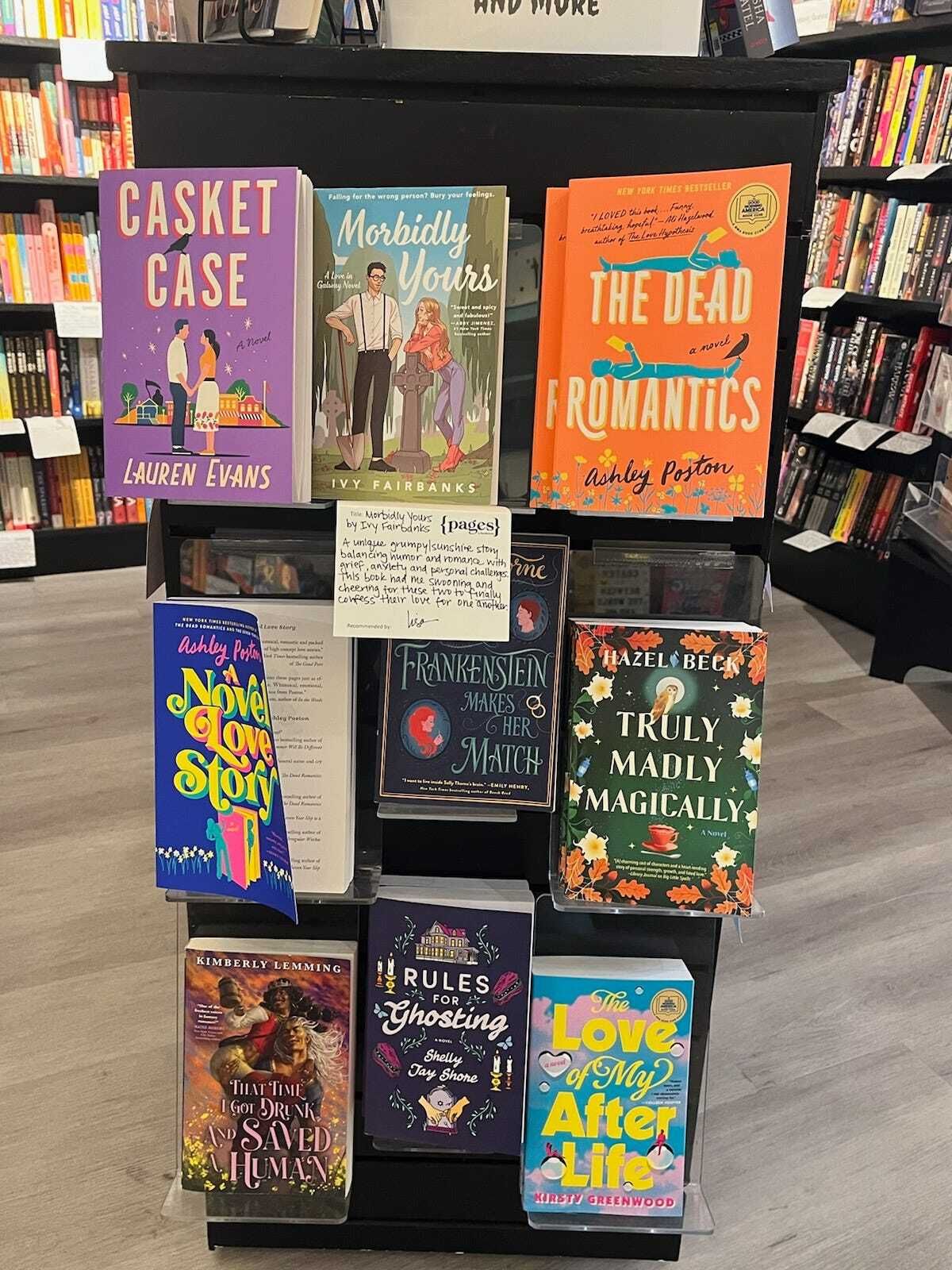
In terms of what’s next: We’re back in drafting season, baby! I’m exciting to be diving into #FinishUrBookFall to slam through a draft of my next book — about a golem and a musician who end up on a cross-country road trip full of queer music, queer discovery, and what it means to be a person, with all the messy, sticky trueness that comes with it. Keep up with me on instagram — it’s going to be fun!
On the personal side: My wonderful partner got a concussion on Labor Day, and we made the tough decision that for his health, it’s time for him to leave his job. That means I’m the sole breadwinner at the moment (eek) — and therefore, I’m re-opening my books for writing and editing services! Check out what’s on the menu, and reach out if you’re interested. I’d love to work with you. 💜
See you next month!
resources, links, and further reading
spotlight on: author / agent relationships, the publishing industry, and working together — for everyone to flourish.
listen: “A Culture of Mistrust” on the Print Run podcast, on the relationships between authors and agents — and how to repair what the industry has broken
read: “A Collection of Favorite Resources from Authors & Industry Insiders,” compiled by literary agent Eric Smith
donate: United Way of Southern Virginia Disaster Relief Fund (Sheyla’s pick, with all her love to her hometown community, and all of our love to everyone impacted by the devastation caused by Hurricane Helene.)
